The Apple Car Is Exposing The EV Industry's Biggest Strategy Rifts
Apple's talks with Hyundai and Kia which could have seen the South Korean automakers build the much-rumored Apple Car have ended, highlighting stark differences in how automakers aim to capitalize on significant investments into electric vehicle platforms. Earlier in the year, Hyundai appeared to signpost that Apple's longstanding Project Titan car project had found its manufacturing partner, announcing that the two companies were in talks.
It was enough to send Hyundai and Kia's stock price shooting up, and prompt some confusion among long-time Apple watchers. The Cupertino company has never publicly discussed its long-term plans for Project Titan, nor committed to making a vehicle. Indeed, its collaborations with third-parties are usually wrapped tightly in a level of secrecy from non-disclosure agreements.
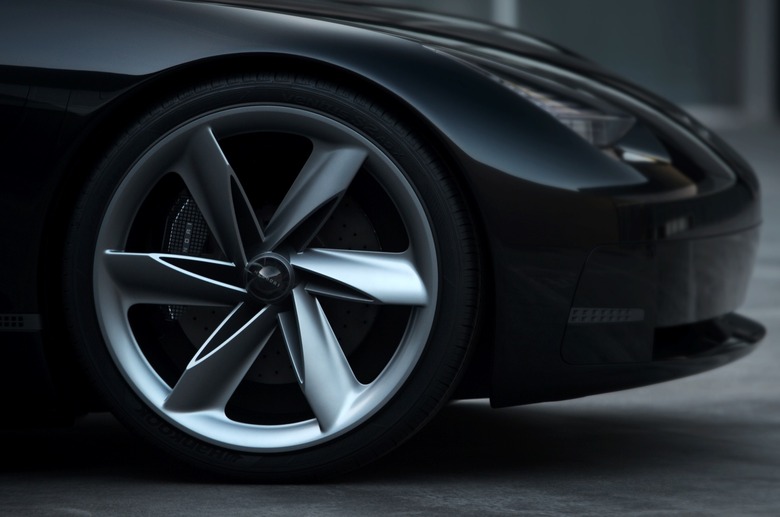
Hyundai's announcement, and the media furore that followed it, was believed to have caused some waves, then. The automaker released subsequent statements that backtracked from its initial confirmation, but further leaks suggested Apple was frustrated internally by how the situation had been handled. Over the weekend, Hyundai confirmed in new regulatory filings that it was not in discussions around building an autonomous car with Apple.
It's another significant twist in the Apple Car saga, though one which highlights the differences in strategy across the automotive industry. For as long as the Hyundai/Apple collaboration rumors persisted, so too did leaks indicating discussions within Hyundai and Kia were troubled about the potential deal.
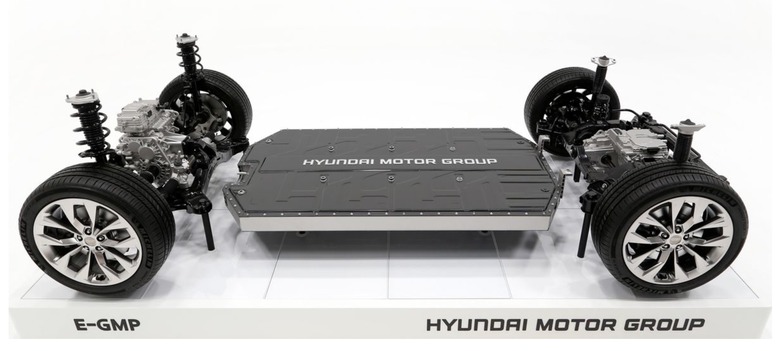
First and foremost, it's been suggested, was the reluctance to shift the automakers into effectively a supplier or white label manufacturer for Apple. The Apple Car, as it's unofficially become known, was tipped to be using Hyundai's E-GMP platform. That's the modular architecture that it developed for a variety of EVs, and announced late in 2020.
Designed to support various battery sizes and capacities, along with a choice of all-wheel, rear-wheel, or front-wheel drive, E-GMP could underpin a variety of body styles. Hyundai, Kia, and Genesis will all release electric vehicles using the platform, with the first expected to be unveiled later in 2021.
Hyundai isn't alone in taking such an architecture strategy, of course. General Motors has one of its own, known as GM Ultium, while the VW Group created its MEB platform. Smaller automakers, such as Rivian, have also taken a similar route.
It's one which requires considerable upfront investment, given the future flexibility such a platform – as opposed to a single model – requires. To take Volkswagen as an example, the company had an electric version of its Golf hatchback ready several years ago. However, the e-Golf was effectively retrofitted with electrification, adding that to the existing platform of the typically gas or diesel powered car. That approach didn't leave VW with a platform it could reuse for other vehicles.
MEB is different, with flexibility and scalability designed in from the outset. The downside is time and money, since a lot of the work needs to be done before even the first EV using the platform can be produced. How to get a fast return on that investment is a key motivator for most automakers right now.
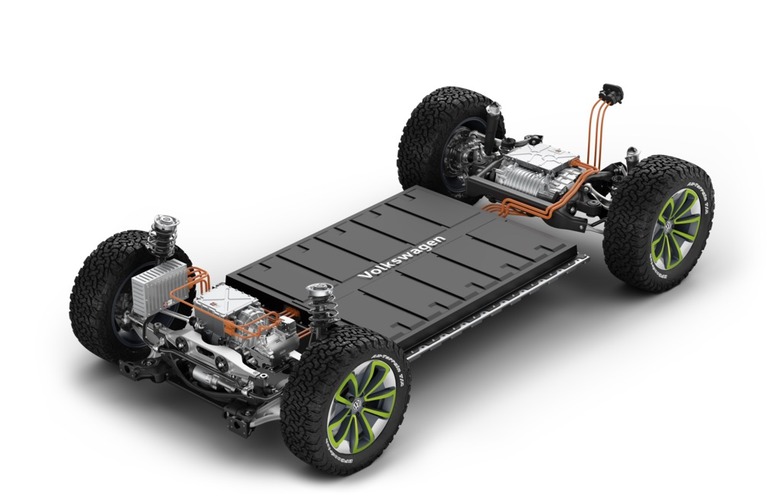
Hyundai-Kia's reluctance to follow one of the most obvious routes to that return is a stark contrast to its industry rivals. Hyundai's confirmation in its regulatory filing that it was "receiving requests for cooperation in joint development of autonomous electric vehicles from various companies, but they are at early stage and nothing has been decided," is a far cry from GM and VW's enthusiastic courting of EV suitors.
General Motors, for example, has already inked a deal with Honda to build two electric vehicles for the North American market. Based on the Ultium platform, but designed, badged, and marketed by Honda, the new EVs will represent a shortcut for the Japanese automaker to add the pure-electric models to its range that are currently conspicuous by their absence. It'll also give GM a potentially valuable extra source of income for Ultium itself.
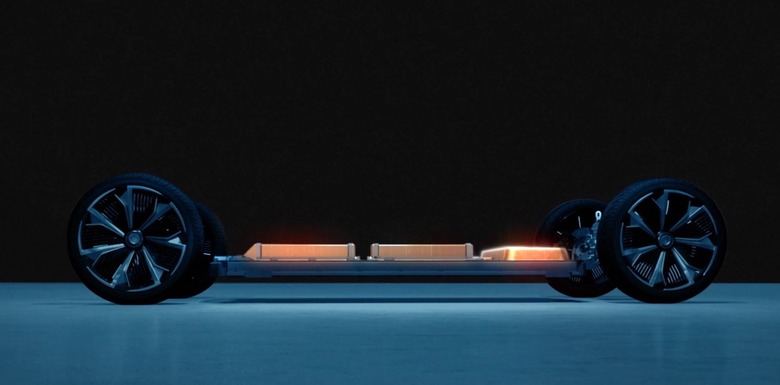
VW, too, was eager to signal its enthusiasm to license out the MEB architecture to other companies from early on. At one point Volkswagen was the preferred partner for Fisker, for example, though the American automaker eventually signed with another supplier. In mid-2020, Ford and VW signed agreements for joint projects that would use MEB, beginning with an electric model for Europe. VW has also positioned the platform as ideal for much smaller companies wanting to develop niche electric vehicles, but who would normally be unable to afford the huge development and testing costs.
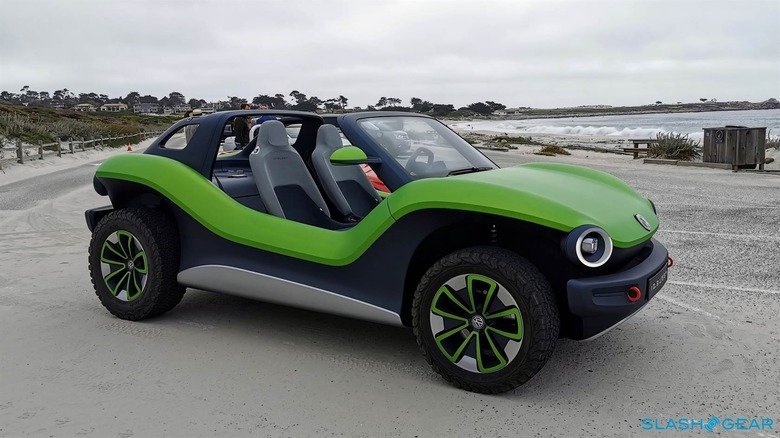
It's not to say that Hyundai-Kia won't eventually relent, and cut co-development deals of their own. Still, this apparent reluctance to allow Apple to take the reins in EV development is likely to be a controversial one: the Apple Car project was said to come with a significant investment, and production was tipped to be earmarked for Kia's plant in Georgia.
